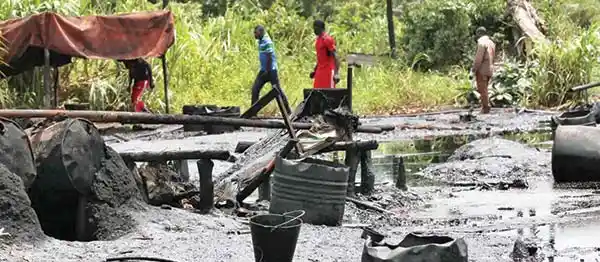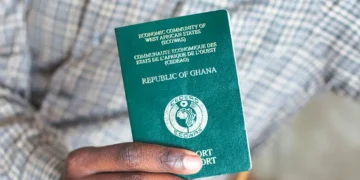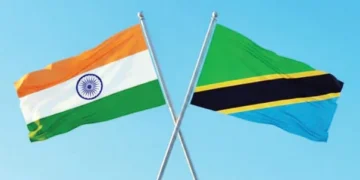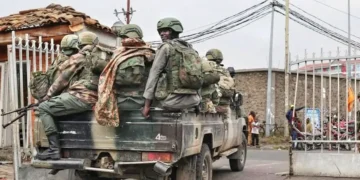Nigeria’s President Bola Tinubu declared an emergency in oil-rich Rivers state and suspended its Governor and lawmakers on March 18 over a political crisis and vandalism to pipelines that contribute to the country’s status as Africa’s top oil producer, reported africanews.com.
It said a crisis in Rivers has brewed for months between incumbent Gov. Siminalayi Fubara and state lawmakers, many of whom are backed by his predecessor.
This week, some lawmakers initiated an impeachment process against the Governor, accusing him of various illegalities regarding the presentation of the state Budget and the composition of the legislative chamber. President Tinubu said in a state broadcast he was suspending the Governor and other elected officials, including the state lawmakers, for six months.
He criticised the Governor for not “taking any action to curtail” fresh incidents of pipeline vandalism reported in the last 24 hours, including a blast that resulted in a fire on the Trans Niger Pipeline.
“With all these and many more, no good and responsible President will stand by and allow the grave situation to continue without taking remedial steps prescribed by the constitution to address the situation in the state,” Tinubu said.
Nigeria’s former Navy Chief Vice Admiral Ibokette Ibas will become the military administrator of Rivers state and the judiciary will continue to function, Tinubu was quoted as saying by the news portal. Military trucks were quickly deployed to the Rivers State Government House following Tinubu’s announcement.
The Nigerian Constitution allows emergency rule to maintain law and order in rare circumstances. This is the first such emergency declared in more than a decade in the country of more than 210 million people whose democracy has been tested by many years of military rule and instability. The last such emergency in Nigeria was declared under President Goodluck Jonathan in 2013, in the northeastern states of Adamawa, Borno and Yobe during the height of the Boko Haram insurgency. However, the state Governors were not suspended at the time.

































